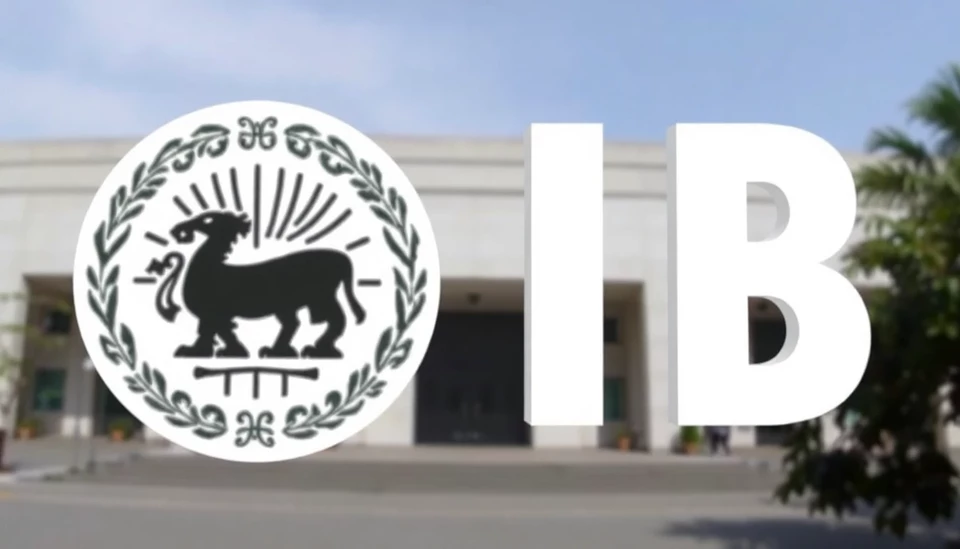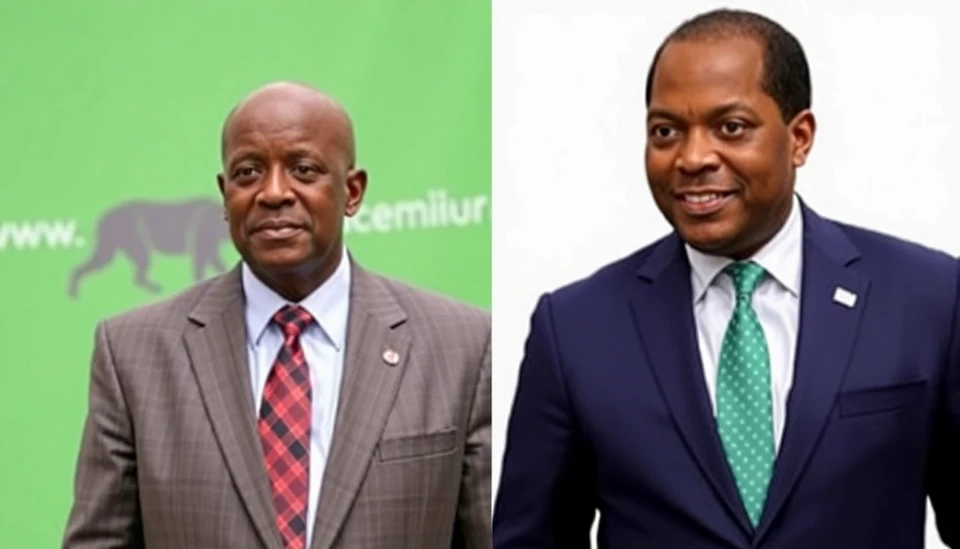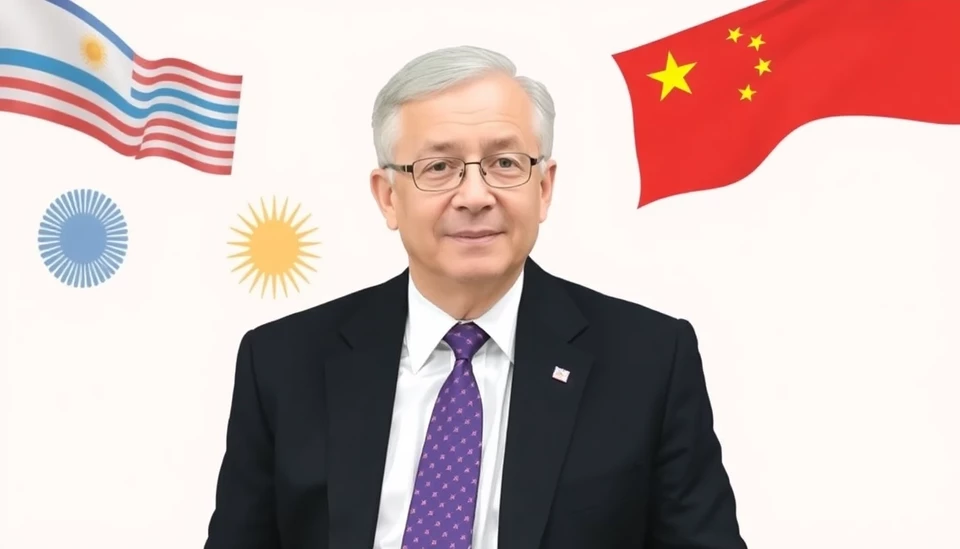
In a significant move to address growing concerns over corruption, the International Monetary Fund (IMF) has announced that it will send a specialized audit team to Kenya early in 2025. This initiative comes on the heels of increasing scrutiny regarding fiscal management and malfeasance in government spending, which have raised red flags among international financial institutions and stakeholders alike.
The IMF's decision follows a series of discussions with Kenyan officials aimed at better assessing the country's financial practices and ensuring that funds allocated to developmental projects are used effectively and transparently. The team, comprised of experts in financial audits and anti-corruption strategies, is expected to evaluate the current systems in place for tracking public expenditures and will offer recommendations for improvement.
Kenya has faced persistent corruption challenges over the years, leading to widespread public discontent and calls for governmental reform. The latest move by the IMF signals a proactive approach to encourage transparency and accountability within the Kenyan government. The organization's commitment to supporting reform efforts is seen as critical in the wake of extensive reports detailing various corruption scandals that have undermined public trust and hampered economic progress.
This audit mission is particularly poignant as Kenya seeks to enhance its economic resilience, especially amid global economic fluctuations and the need for sustainable growth. The Kenyan government has expressed willingness to collaborate with the IMF and implement necessary reforms to counteract financial misconduct. In recent statements, officials have emphasized their commitment to fostering a culture of integrity and ethical governance.
The IMF team’s work will not only be diagnostic but will also facilitate knowledge transfer by working alongside local financial authorities. By addressing structural weaknesses and boosting institutional capacity, the mission aims to create a robust framework that deters corrupt practices and promotes effective use of resources.
As the audit team prepares for deployment, experts remain cautiously optimistic about the potential outcomes of the mission. Successful implementation of their recommendations could lead to significant improvements in Kenya's fiscal landscape, attracting foreign investments and enhancing economic credibility on the global stage. However, the success of this mission largely hinges on the Kenyan government's commitment to enacting suggested reforms and fostering a culture of accountability.
Overall, the involvement of the IMF represents a pivotal step in Kenya's ongoing fight against corruption, and the outcomes of this initiative will be closely monitored both locally and internationally. The world is watching as Kenya navigates this critical juncture with the hopes of emerging as a model of effective governance and transparency.
Follow the discussions on this topic:
#IMF #Kenya #CorruptionAudit #Transparency #Governance #FinancialIntegrity #EconomicReform #Accountability
Author: Laura Mitchell




